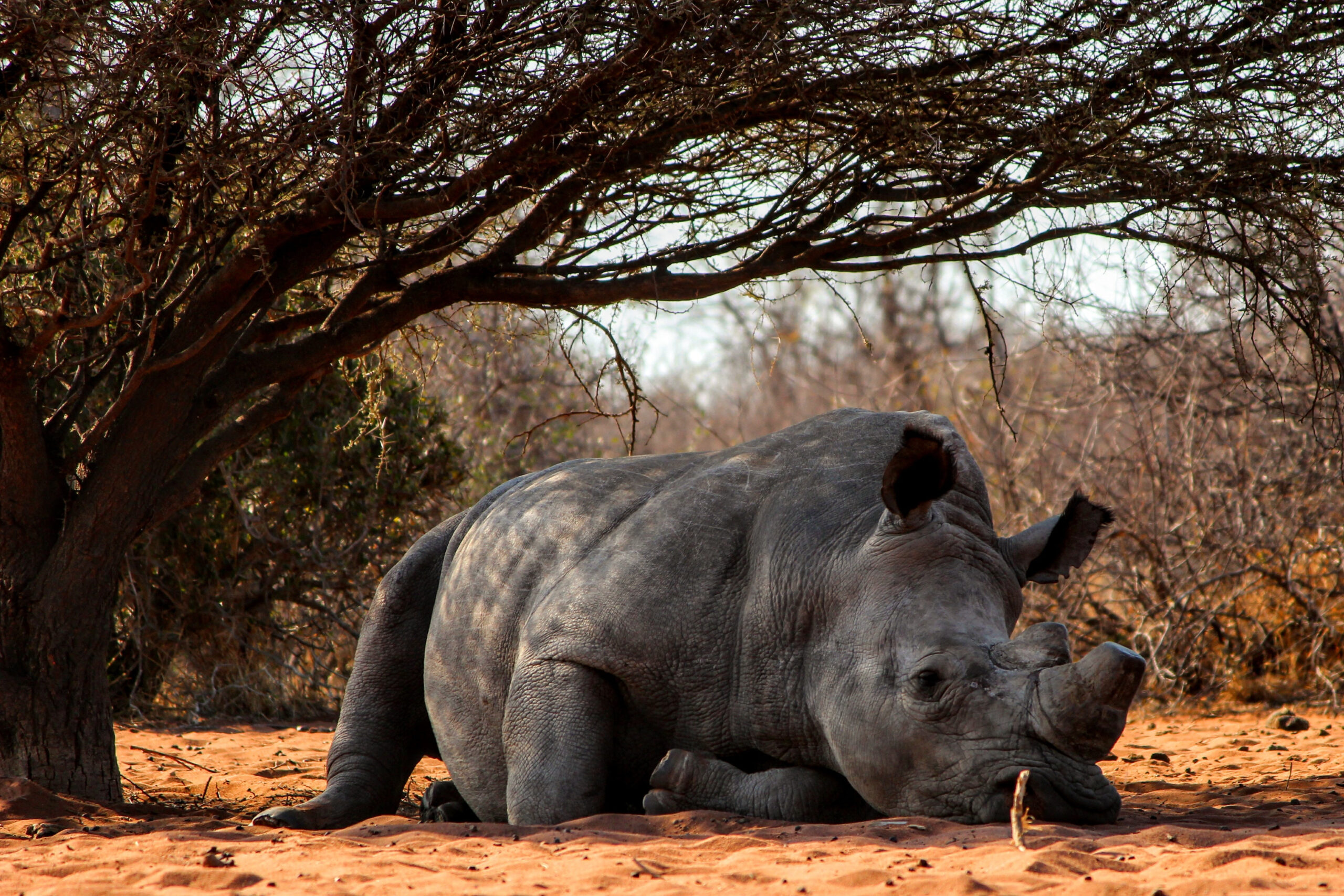How a global pandemic has revealed the fragile relationships between endangered species, ecotourists and local communities.
The rise in ecotourism has brought many species back from the cliff edge of extinction, but with the rapid spread of COVID-19 and the ensuing national lockdowns and holiday cancellations, many of the benefits brought by ecotourism may be lost.
Before the pandemic, ecotourism was thriving. Tourism in Africa brought in US$30 billion on an annual basis and much of this profit was channelled into conservation projects. The rescue of mountain gorillas from a population size of 350 in the 1980s to a current size of 600 would not have been possible without funds from the tourism industry. The successes of ecotourism were threefold: they engaged sightseers and local people in wildlife conservation, facilitated international partnerships for wildlife protection projects and brought government aid into the national parks.
Now that conservation-conscious holidaymakers have temporarily resigned to a life in lockdown, safari trucks are gathering dust in their garages. Every booking made for experiences provided by the Kenya Wildlife Conservancies Association has since been cancelled. The steady flow of money from ecotourism into local communities has run dry. Just under four million people were directly employed under the tourism industry in Africa and now many no longer receive income.
Furthermore, villagers who sell handmade memorabilia to vacationists have lost their customers. With little to no savings to fall back on, communities in tourism districts are seeking out alternative means of income and ways to source food. Poaching, fishing and deforestation to create space for cropland now threaten the species and ecosystems that were once protected by ecotourism.
In March, six black rhinos were found dead in Botswana with poachers as the primary suspects. Black rhinos are hunted for bushmeat and their highly desired horns which are traded in international markets. With wildlife rangers becoming unemployed and the absence of tourists, poachers are less at risk of being spotted.
With an approaching full moon on the 7th of May, where poachers could hunt without flashlights, Botswana’s rhino conservationists had every right to be anxious. A large effort was made to relocate as many black rhinos as possible in hope that they may be safe from poachers.
Mountain gorillas in Bwindi Impenetrable national park face similar threats. Gorilla conservation is dependent on funds from ecotourism, which is also the primary source of income for local communities. Not only are there concerns that the mountain gorilla population could be obliterated by a rise in poaching, but gorillas, being great apes, may be susceptible to infection of COVID-19. Compound both threats and the extinction of mountain gorillas, which was so narrowly avoided four decades ago, is entirely feasible.
Poaching is not the only illegal activity that wildlife organisations are concerned will rise following the cessation of ecotourism. Panthera, a Columbian ecotourism company that aims to conserve all 40 species of wild cat, is concerned that a lack of cash flow will lead to increased deforestation in the Amazon rainforest followed by a mass land grab. Unable to afford food, unemployed locals may begin to rely on subsistence farming to eat, destroying precious habitats in the process.
Although reports of poaching are highly distressing for anyone to hear, deforestation may be the activity that has the most catastrophic effects on local wildlife. The clearance of entire habitats not only threatens the large mammals that depend upon them but every single species within that area. This includes those that are fundamental to the functioning of wider ecosystems, providing services such as water purification and carbon sequestration.
It is possible that the allure of an untouched landscape that evoked so many people to spend their earnings on eco-holidays in the past will disappear. When lockdowns begin to lift and borders start to reopen, will those looking for a holiday want to book hotels near parks rife with poachers but devoid of the iconic black rhino, mountain gorilla or big cat? The absence of governmental or international intervention and the lack of funds from the tourism industry means that local communities will have no choice but to continue the illegal activities that deter tourists and bring species closer to extinction.
Never has the intricate web of dependencies between threatened wildlife, tourists and local communities been so obvious. Hopefully, the global pandemic will be taken as a lesson about how easily such crucial but delicate systems are prone to collapse.
Title image by Lee Ann Nicholls from Pexels





